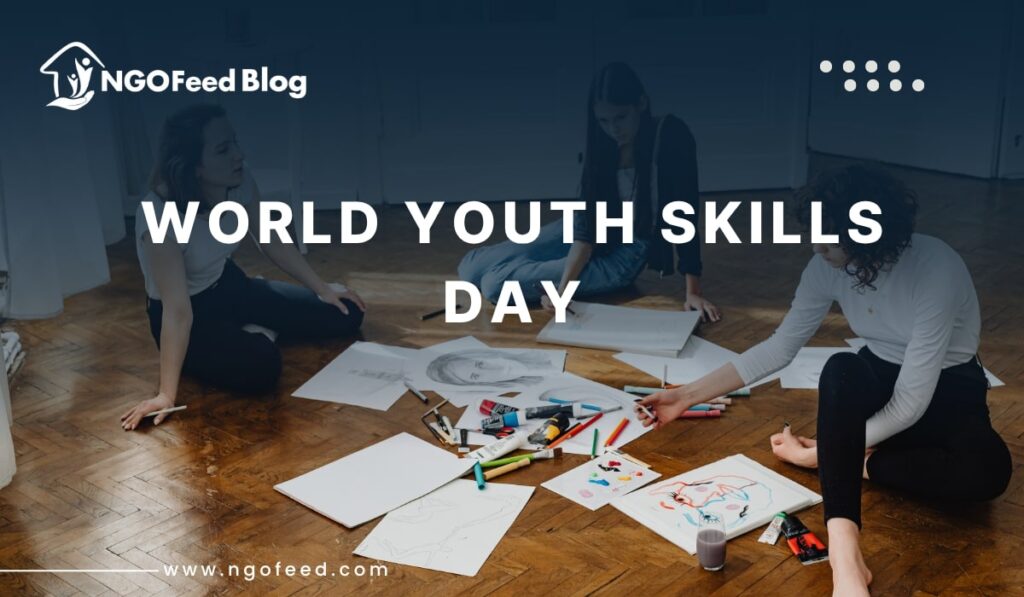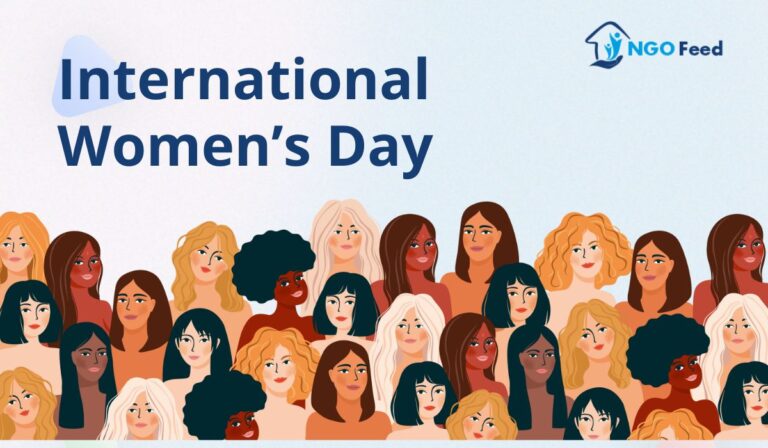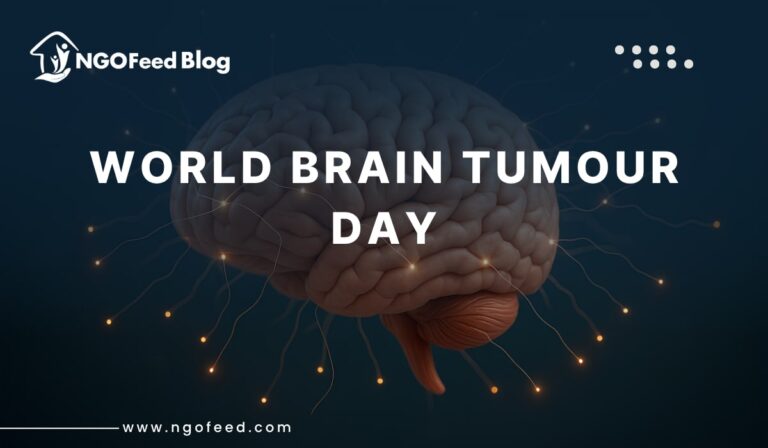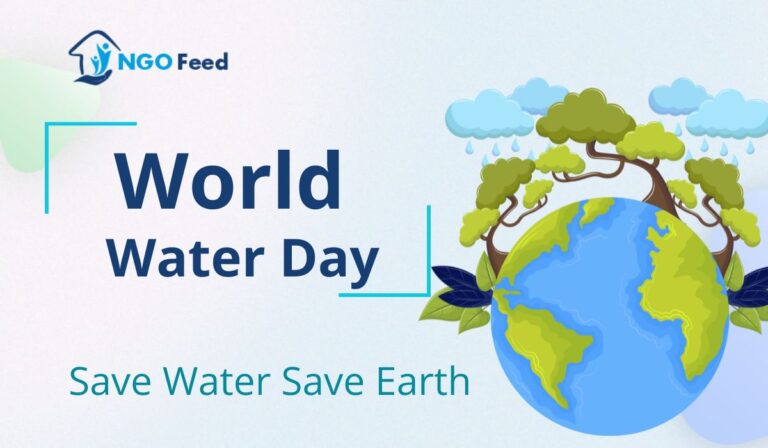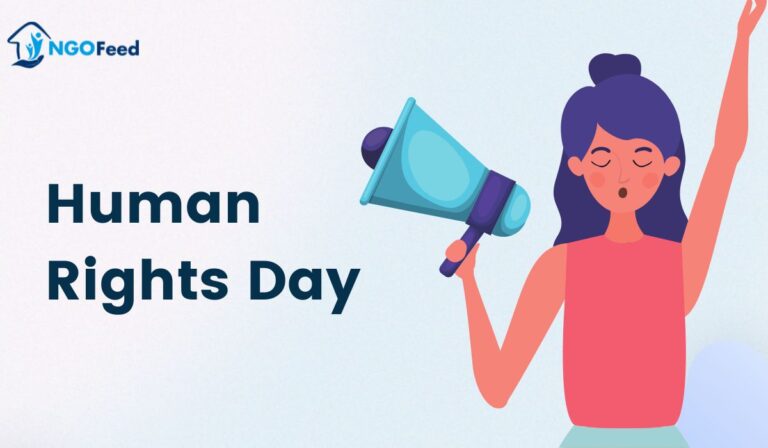July 15 of every year is declared World Youth Skills Day, a global event to mark the role of skills in providing young people with the tools to find a job, a decent job and entrepreneurship. We are in an era where the world is turning fast, economically, technologically, and environmentally, and there has never been a time when there has been such a need to equip young people with current and future-oriented skills as now.
The United Nations have reported that young adults who are 1524 years of age are nearly three times more likely not to have jobs compared to other adults, and in most Gun parts, particularly in the Global South, lack of appropriate education and training in vocational activities results in an even greater opportunity gap.
This day is not only a call to action to recognise and reward, and encourage governments, civil society, the private sector, and learning institutions to invest in skills development as one of the main instruments of youth empowerment and sustainable development. NGOs are involved in providing extremely important opportunities in this environment because they fill in the service gaps, construct accessible training programs, pursue policy change, and encourage community-based learning experiences.
Be it digital literacy, green skills, existence training, or communicative skills towards resolve and problem-solving, providing youth (especially marginalised youth) with the skills that they need to succeed is central to the achievement of the sustainable development Goals (SDGs). Today is World Youth Skills Day, and we should consider the idea that skill development extends beyond training the employees of the future to harnessing human potential and to creating more equal and more resilient, inclusive societies. At this time of celebrating, NGO in India activists and community leaders should embark on pressing forward the systems that will put the empowerment of the youth at the heart of the national development strategies.
Also Read: NGO in Women Empowerment
Table of Contents
Understanding World Youth Skills Day: Origins and Significance
The day was declared by the United Nations General Assembly in 2014 to be commemorated every year on July 15 as World Youth Skills Day. This was in order to appreciate the paramount need for skill provision to deal with the alarming cases of unemployment and underemployment among the youth, which continues to be a global challenge. Against the backdrop of the changing economy in the world and in particular technological innovations, climate change and changes in labour dynamics, young people require more than an academic education, which tends to leave most students unprepared in the face of real-world opportunities.
The efforts seen in this international observance are no less prominent and strongly demonstrate the pivotal role that technical and vocational education and training (TVET) plays in the empowerment of individuals, particularly the youth of disadvantaged backgrounds. It promotes the investments by the stakeholders- governments, civil society, educational institutions, and the private sector in well-inclusive, equitable, and quality development of skills.
This day is not only about employment. It underlines the value of skill-building in poverty alleviation, gender equality, sustainable growth and peaceful coexistence. To millions of young people, particularly in the developing world, being taught the applicable skills can be the spark towards enjoying a life that is characterised by dignity, self-reliance, as well as personal development, as opposed to the alternative of living in a vulnerable state.
Also Read: Role of NGOs in NGOs in Urban Development
As for NGOs operating at the grassroots level, World Youth Skills Day is the stage that helps present various success stories, enlighten people on the challenges that still take place, and appeal to more effective policies and partnerships with priorities regarding youth empowerment. This day sends us back to this understanding that skills have transformative power, and by investing in the youth, we are investing in the future, which should be inclusive, innovative, and resilient.
What is the theme for World Youth Skills Day 2025?
The official theme for World Youth Skills Day 2025, which will be celebrated on July 15, is:
“Youth empowerment through AI and Digital skills.” World Youth Skills Day
This theme highlights how the Fourth Industrial Revolution, which is driven by artificial intelligence and digital technology, will have a profound impact on the world of work. It also underscores the imperative to introduce the development of AI and digital skills into education and training systems, especially through technical and vocational education and training (TVET) programs, to ensure young people are ready for future job opportunities.
As we celebrate the 10th anniversary of World Youth Skills Day and the 5th anniversary of the Global Skills Academy, this theme calls upon stakeholders, including governments, educators, NGOs, and businesses, to invest in:
- Digital literacy (e.g., using computers, the internet, and smartphones)
- Data-driven capabilities (e.g., coding, data analysis, digital marketing, cybersecurity)
- AI-assisted tools like intelligent tutoring systems, virtual/augmented reality experiences, and adaptive learning platforms
Also Read: Vital Role of NGOs in Modern Society
It highlights important challenges, including issues related to the digital divide, algorithmic bias, weaknesses in infrastructure, teacher preparedness and effectiveness, and ethical considerations, advocating for inclusive, ethical and human-centred approaches to youth skills development and building.
Challenges Faced by Youth in Accessing Skill Development
In spite of the wealth of experience and global acknowledgement of the kind of importance that skill development holds, millions of youths, especially in low and medium-income countries, still experience great challenges when it comes to quality training and education. These problems are complex and are based on the social, economic, and systemic inequalities, which restrict the possibilities and future perspectives.
1. Socio-Economic Barriers
One of the most serious impediments is poverty. Most of the young people, especially in the rural and marginalised sections, have no choice but to join the workforce or drop out of school due to economic reasons. This restricts their socioeconomic access to formal training and instigates a series of underemployment and exposure.
2. Restrained Availability to Quality Vocational Training
They often have poorly funded, outdated or not linked to the changing job market in technical and vocational education and training (TVET) systems. Training facilities in most areas are not in place, and the competence of the lecturers in offering skills that are in line with the industry may be wanting.
3. Technological Differences and Digital Divide
With the move towards the digitalisation of the world economies, the availability of digital tools and internet access, as well as minimum digital literacy, is significantly unequal. Young people in the underserved locations tend to be most underprivileged in terms of accessing online learning or acquiring AI-related, coding-related, or data science-related skills.
4. Gender Inequality
Young women and girls tend to have a range of obstacles in terms of social and cultural factors, which do not allow them to enter the scheme of developing the skills (especially those which are considered male-dominated, such as engineering or IT, or construction). Feminine stereotypes and the issues of safety diminish their chances even more.
5. Lack of Career awareness and guidance
There is a lot of ignorance among the young, as they are not aware of the opportunities arising before them. They do not receive adequate career guidance, mentoring, and introduction to various career choices that restrict their options when developing their skills.
Also Read: Role of UNESCO in Women Empowerment
This is where NGOs should start with these issues: realising their nature, recognising the gaps in skills and then attempting to close the skills gaps through inclusive and precise interventions that will change the lives of the youth to lead meaningful lives moving forward.
The Role of NGOs in World Youth Skills Day
Non-Governmental Organisations (NGOs) have the key and the catalytic role in the development of the objectives of World Youth Skills Day. NGOs at the grassroots level often become a liaison between policy and people as they provide training to the less privileged and marginalised people. Their activities are supplementary to the government endeavours and to the much-needed shortages of access, equity, and innovation in skill development.
1. Filling with Access
It is in remote, rural and underprivileged places that formal institutions can be weak or lacking, hence NGOs can reach the youth in those locations. They offer vocational training, life skills and digital literacy training to the neediest through mobile training units, partnerships with locals and community centres throughout New Zealand.
2. Advocacy of Gender Sensitive and Inclusive Training
The programs designed by NGOs are also inclusive of women, persons with disabilities, and socially excluded groups. They establish safe learning environments, question gender stereotypes, and provide special support structures to ensure that participants in all levels of society are welcomed to participate.
3. Powers of Tomorrow
As the technology is developing very fast, the NGOs are integrating the 21st-century skills into their programme, which includes communication skills, entrepreneurship skills, digital skills, and environmental sustainability. Several NGOs, corporates, and tech platforms have joined hands in providing training on AI, coding, robotics and online freelancing.
Also Read: Role Of NGOs in Psychological Support After Tragedies
4. Advocacy and Policy Engagement
In addition to offering service delivery, NGOs promote policies that favour the youth at the local, national, and international levels. They perform studies, organise awareness campaigns and consult with stakeholders to identify systems that promote long-term empowerment of young people.
5. The World Youth Skills Day
On July 15, NGOs around the world hold workshops, exhibitions of skills, webinars, and storytelling campaigns to promote information about youth skills development. These occasions highlight the stories of successful young people, conduct community action, and ask the people to invest more in the development of skills.
The thing is, NGOs are not only the providers of certain services: they are the makers of change, creating the environment in which every youngster has the chance to learn, develop, and become a leader.
Building a Future-Ready Generation: Policy, Innovation, and Action
The future endowment of the youth involves, but is not restricted to, providing them with access to education, but needs to incorporate community-centred behaviour, advancement of technology, and favourable policies. With changing industry dynamics and the increasing pace of digital transformation, the youth will require responsive skills that are future-proof.
Governments should focus on education system modernisation, the investments in Technical and Vocational Education and Training (TVET), and focus on equal access to education among marginalised groups. The policies of skill development should be associated with the needs of the digital economy and gender equity.
Innovation is also essential. The use of digital, mobile learning apps and even AI-based technology is changing the method through which the younger generation is learning. They are solutions that NGOs and tech partners are taking to underserved regions in assisting to help close the digital divide.
Communities and NGOs are important in ensuring that the youth become the primary agents of change, not the only ones on the receiving end. Entrepreneurship and mentality programs, with the aid of peers, make youths feel confident leaders.
Finally, the generation that will be ready to face the future needs a cross-sectoral collaboration. Through coordination at the policy, technological, and grassroots action levels, we will be able to provide all youth with the means of achieving success and living in their best interests in a more inclusive and sustainable world.

